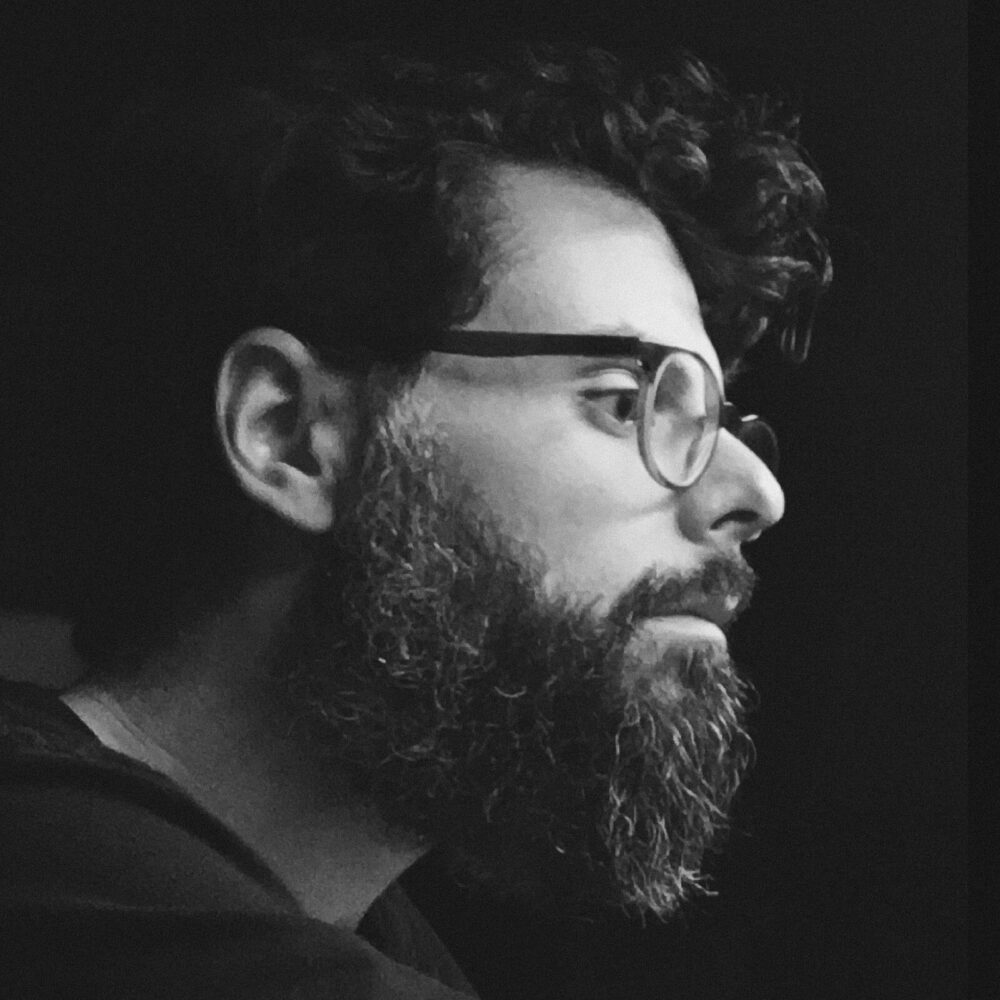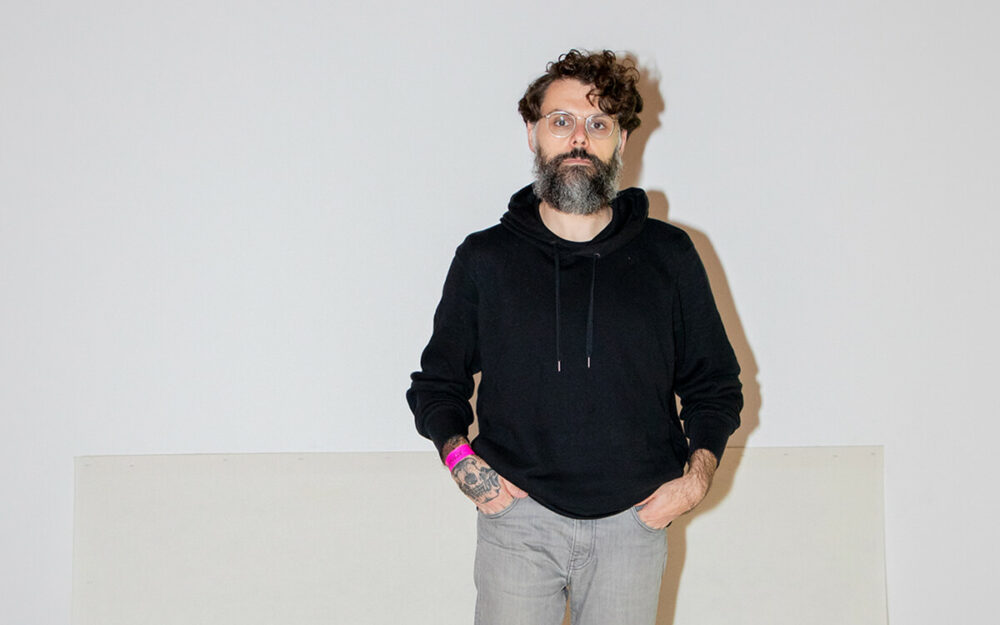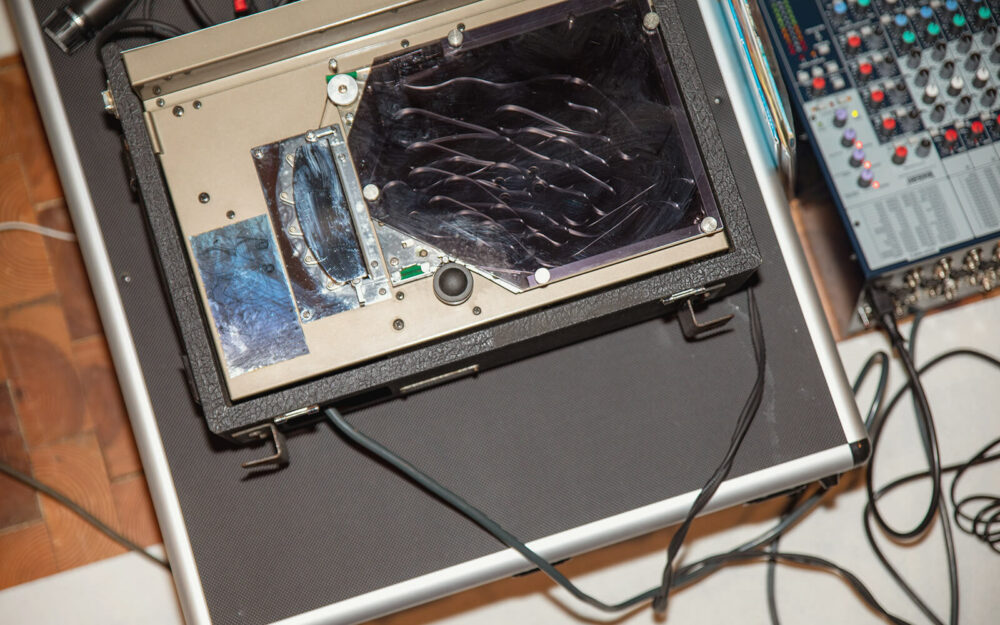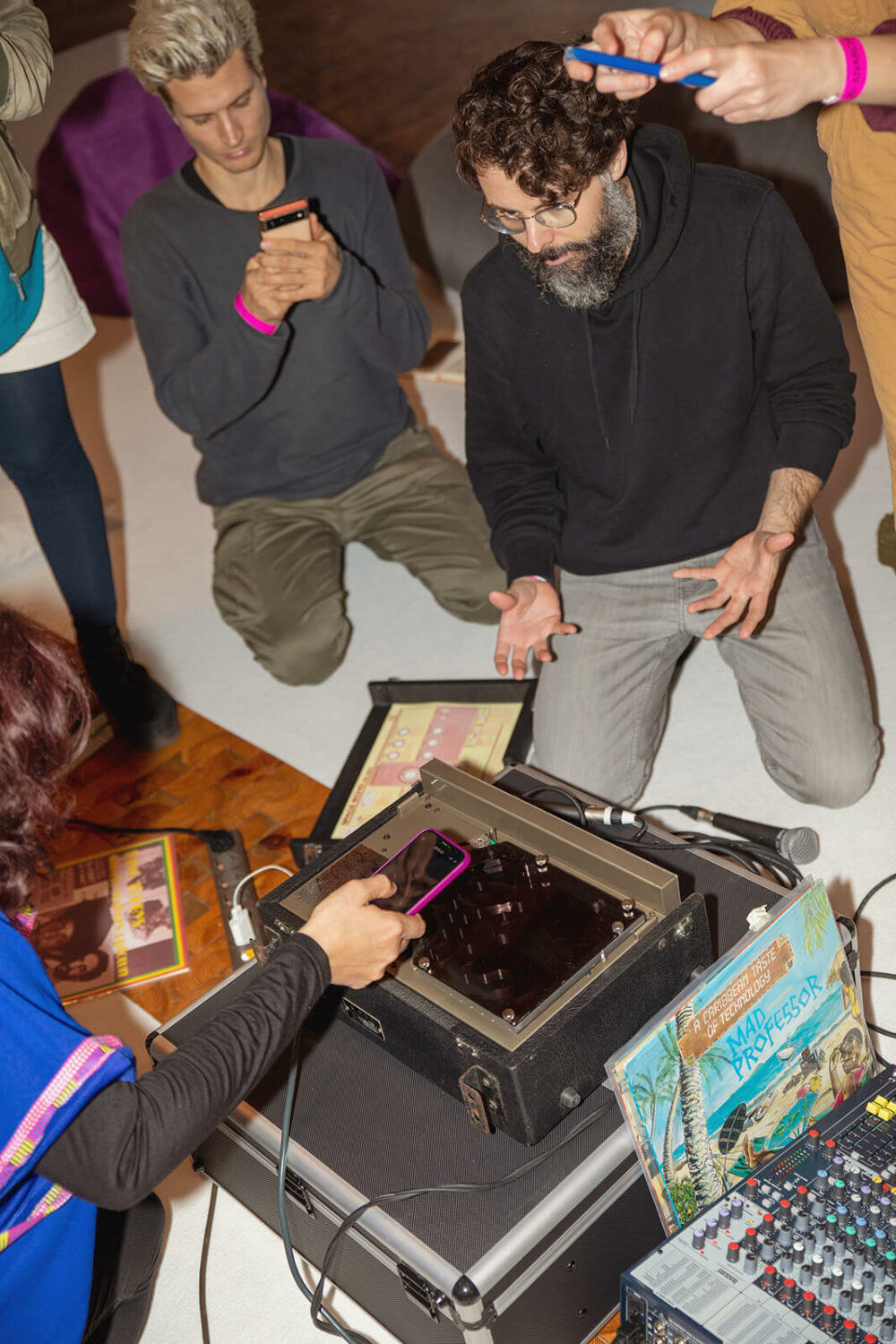← Explore
Workshop
A Dub Approach to Machine Listening
Instructor:
Pedro Oliveira

Profile:
Pedro Oliveira
Pedro Oliveira is a researcher, sound artist, and educator whose work seeks to dismantle the articulations of colonial (sonic) violence perpetrated on the borders of the EU. He holds a PhD from the Berlin University of Arts, has undertaken residencies at the Max-Planck Institute for Empirical Aesthetics and EMS Stockholm, and is a founding member of the Decolonising Design research platform.
Brief:
Dub music, a bodily approach to sound that (re-)centres listening in and with time, originated as technological leftovers in ‘post-colonial’ Jamaica in the late 1960s. Autumn School participants will learn to approach dub as a playful, facetious alternative pathway for a material inquiry of machine listening.
Soundbite:
“Dub is about serendipity and technique with a lot of space for error—in dub, error is good. But what defines an error, who decides? In the context of AI, errors determine people’s lives. It means someone gets deported. How are we measuring errors before they enter into applications that affect people’s lives?”
Pedro Oliveira, on sitting with and reflecting on errors and glitches
Takeaway:
Dub can be read as an echo of colonialism. Its first musicians used equipment left behind by the British to create new forms of meaning. Techniques involve decomposition, recomposition, and versioning, and it is “ultimately about doing and undoing in a way that escapes what is a good and bad sound.”
Takeaway:
The dub approach subverts music technology and uses it against itself. Instead of making or shaping sounds as intended by their designers, dub methods stage an intervention with sound technologies to “make them stop working in productive and aesthetic (‘beautiful sounding’) ways.”
Soundbite:
“If we add noise to the way we speak into the machine, how does it confuse the machine more than resolve it?”
Pedro Oliveira, on sonic illegibility
Process:
Analog tape delay is a defining feature of dub production. The multiple playheads of the Roland Space Echo (1974–90), for example, allow producers to create dense rhythmic echo effects. Oliveira demonstrated the iconic machine to resounding effect for workshop participants. Perfected by producers including King Tubby and Lee Scratch Perry, tape delay techniques widely influenced popular music production—and 1970s delay units like the Space Echo remain revered by contemporary producers.
Photography: Silke Briel
Photography: Silke Briel
Fave:
“More, more, more,” shouted an excited workshop participant into the microphone as Oliveira amped up the bass to create Space Echo distortions. Meanwhile, others marvelled at the tape lacing into patterns inside the machine. “Everything I’m saying is being recorded, but because the tape is tangled, it takes time,” explains Oliveira during demonstration. “I’m feedbacking my voice back into the tape, and what this does, it stretches time, thus creating a new temporality.”


